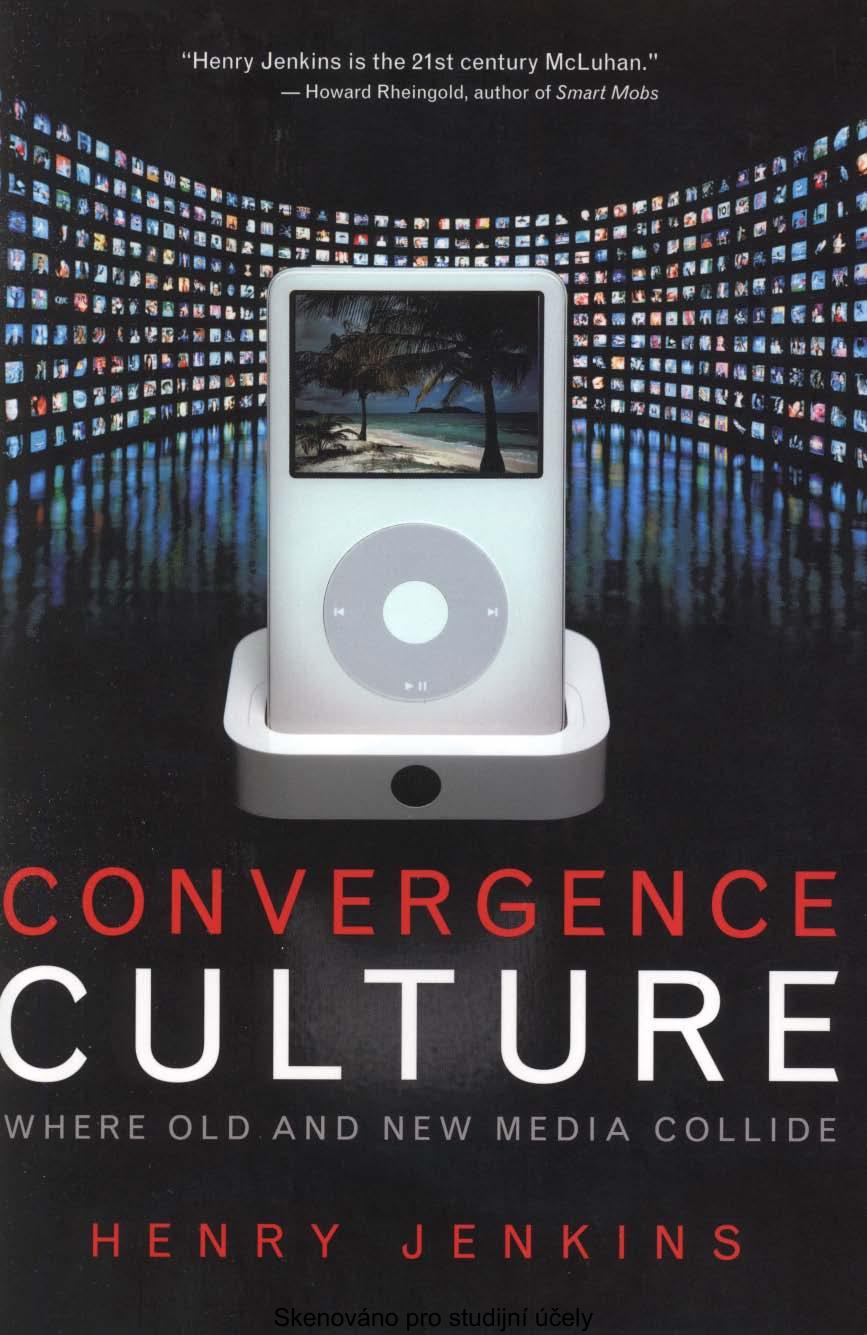Convergence Culture by Henry Jenkins

Author:Henry Jenkins
Language: eng
Format: epub, pdf
ISBN: 9780814743072
Publisher: New York University Press
“The 500-Pound Wookiee”
Fans take reassurance that Lucas and his cronies, at least sometimes, take a look at what fans have made and send them his blessing. In fact, part of the allure of participating in the official Star Wars fan cinema competition is the fact that Lucas personally selects the winner from finalists identified by AtomFilm’s Chris Albrecht and vetted by staffers at LucasArts. There is no doubt that Lucas personally likes at least some form of fan creativity. As Albrecht explains, “Hats off to Lucas for recognizing that this is happening and giving the public a chance to participate in a universe they know and love. There’s nothing else like this out there. No other producer has gone this far.”20 On other levels, the company—and perhaps Lucas himself—has wanted to control what fans produced and circulated. Jim Ward, vice president of marketing for Lucasfilm, told New York Times reporter Amy Harmon in 2002: “We’ve been very clear all along on where we draw the line. We love our fans. We want them to have fun. But if in fact somebody is using our characters to create a story unto itself, that’s not in the spirit of what we think fandom is about. Fandom is about celebrating the story the way it is.”21 Lucas wants to be “celebrated” but not appropriated.
Lucas has opened up a space for fans to create and share what they create with others but only on his terms. The franchise has struggled with these issues from the 1970s to the present, desiring some zone of tolerance within which fans can operate while asserting some control over what happens to his story. In that history, there have been some periods when the company was highly tolerant and others when it was pretty aggressive about trying to close off all or some forms of fan fiction. At the same time, the different divisions of the same company have developed different approaches to dealing with fans: the games division has thought of fans in ways consistent with how other game companies think about fans (and is probably on the more permissive end of the spectrum), and the film division has tended to think like a motion picture company and has been a bit less comfortable with fan participation. I make this point not to say LucasArts is bad to fans—in many ways, the company seems more forward thinking and responsive to the fan community than most Hollywood companies —but to illustrate the ways the media industry is trying to figure out its response to fan creativity.
Download
This site does not store any files on its server. We only index and link to content provided by other sites. Please contact the content providers to delete copyright contents if any and email us, we'll remove relevant links or contents immediately.
Should I Stay or Should I Go? by Ramani Durvasula(6785)
Why We Sleep: Unlocking the Power of Sleep and Dreams by Matthew Walker(5644)
Fear by Osho(4085)
Flow by Mihaly Csikszentmihalyi(4053)
Rising Strong by Brene Brown(3783)
Why We Sleep by Matthew Walker(3773)
Too Much and Not the Mood by Durga Chew-Bose(3696)
How to Change Your Mind by Michael Pollan(3679)
The Hacking of the American Mind by Robert H. Lustig(3580)
Lost Connections by Johann Hari(3455)
He's Just Not That Into You by Greg Behrendt & Liz Tuccillo(3303)
Evolve Your Brain by Joe Dispenza(3051)
What If This Were Enough? by Heather Havrilesky(2945)
Resisting Happiness by Matthew Kelly(2888)
Crazy Is My Superpower by A.J. Mendez Brooks(2861)
The Courage to Be Disliked by Ichiro Kishimi & Fumitake Koga(2798)
The Book of Human Emotions by Tiffany Watt Smith(2772)
Descartes' Error by Antonio Damasio(2733)
In Cold Blood by Truman Capote(2685)
